Your cart is currently empty!
Tag: Environmental Impact
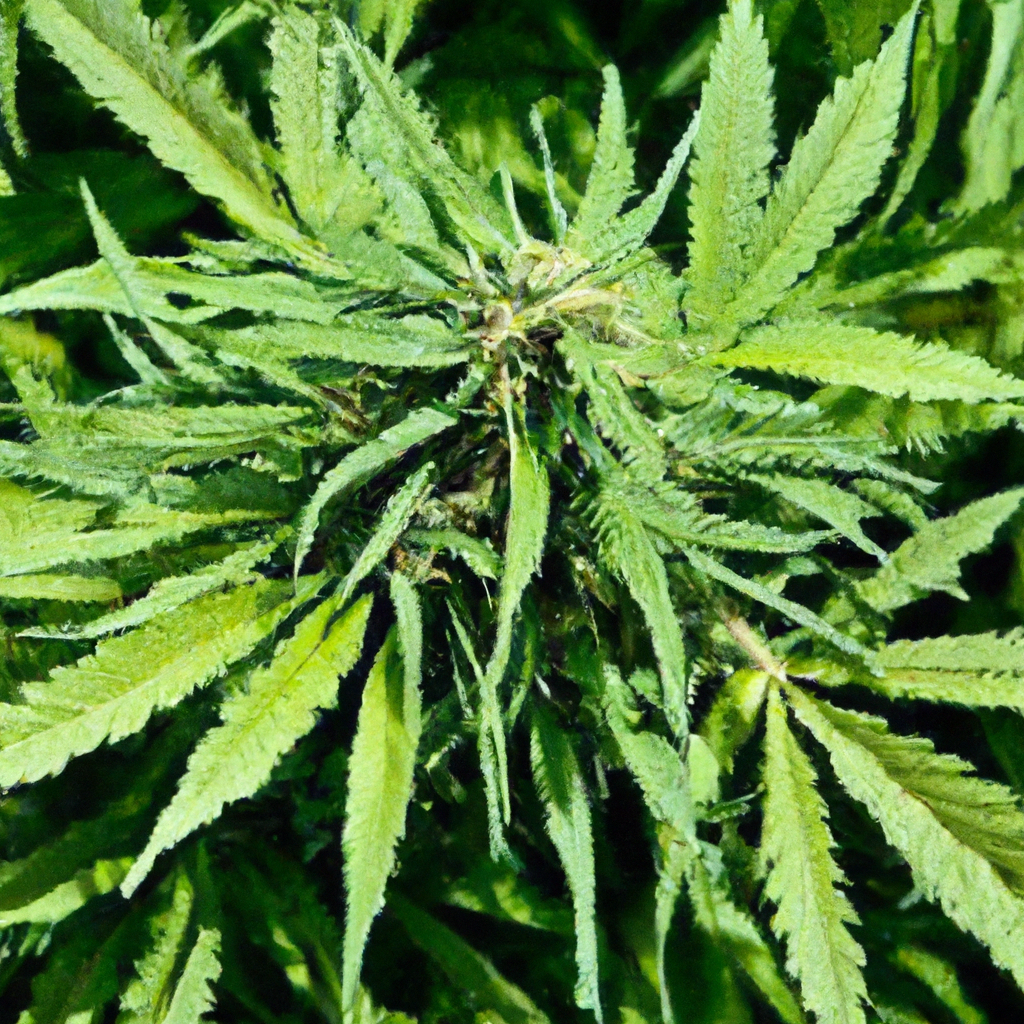
Explore the captivating world of cannabis terroir, where environmental factors like climate, soil, and elevation influence the unique characteristics of each cannabis strain. Learn how tropical climates enhance citrus notes in sativas, while temperate and arid areas benefit hybrids and indicas respectively. Discover how soil types and sun exposure play pivotal roles in shaping aroma,…
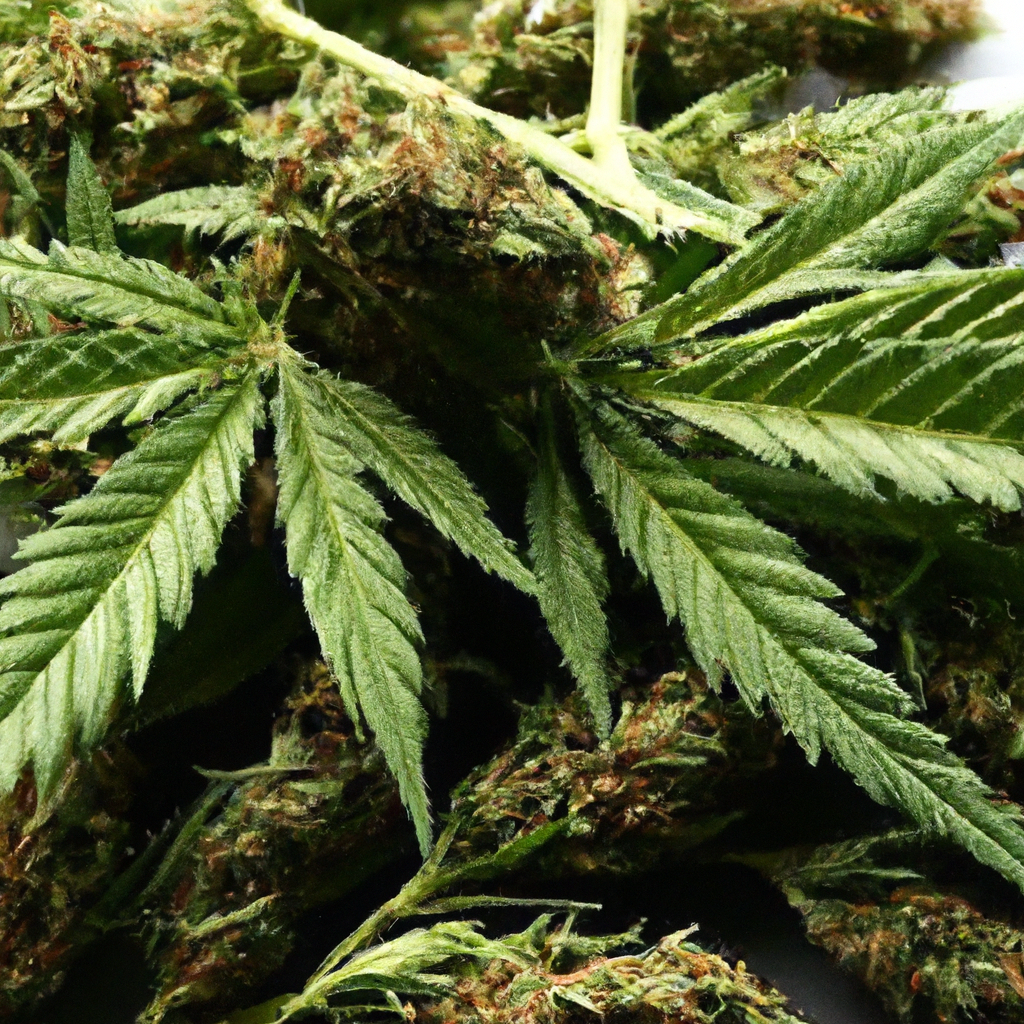
Hemp, the resilient sibling of cannabis, has played a pivotal yet understated role in shaping industries and cultures worldwide. With a history reaching back over 10,000 years, hemp has contributed significantly to advancements in textiles, papermaking, and even the sailing industry. Its applications have expanded to modern uses like bioplastics, construction materials, and nutrition, showcasing…
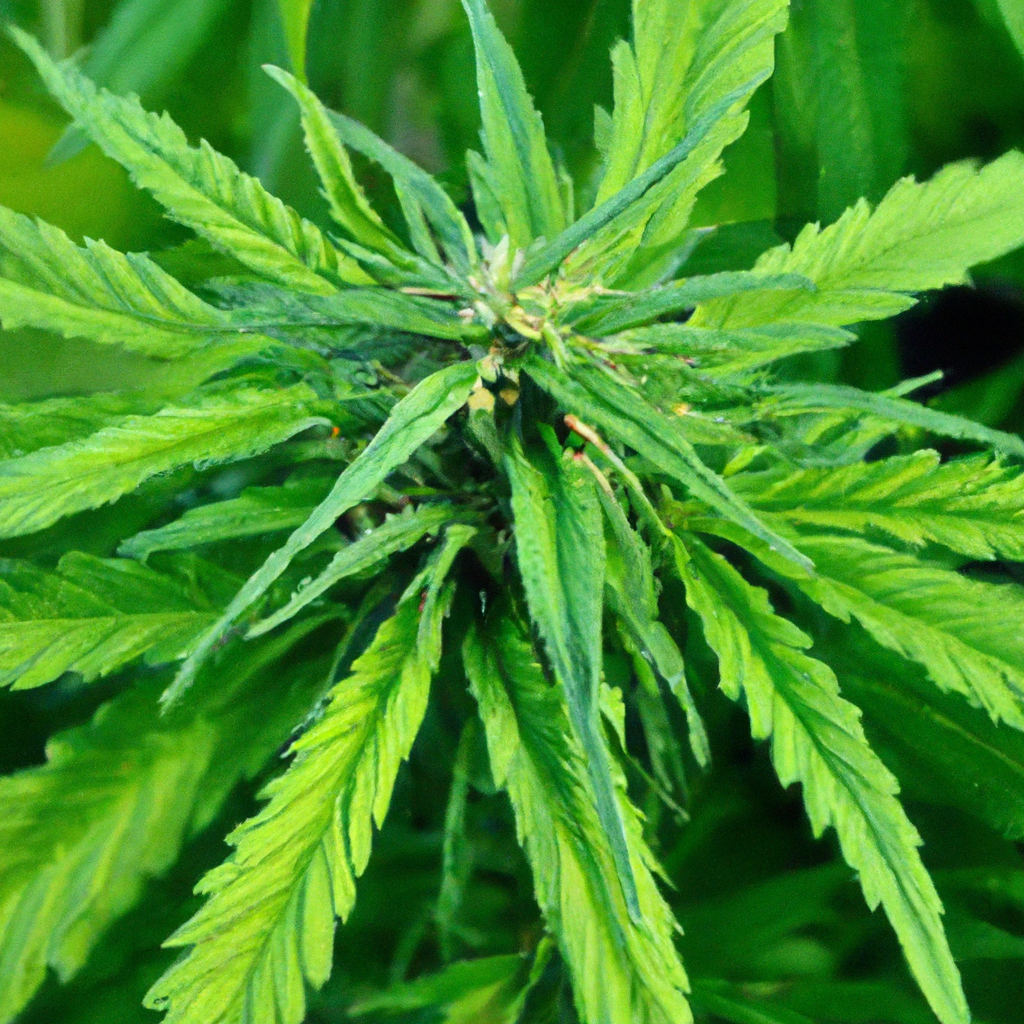
Cannabis is emerging as a key player in sustainable practices, offering environmental benefits such as soil regeneration, carbon sequestration, and high-yield cultivation with minimal resources. Hemp, a cannabis variety, is particularly valuable, contributing to biodegradable plastics, eco-friendly building materials, and sustainable paper production. Despite regulatory and cost challenges, cannabis holds significant potential for sustainability, promising…
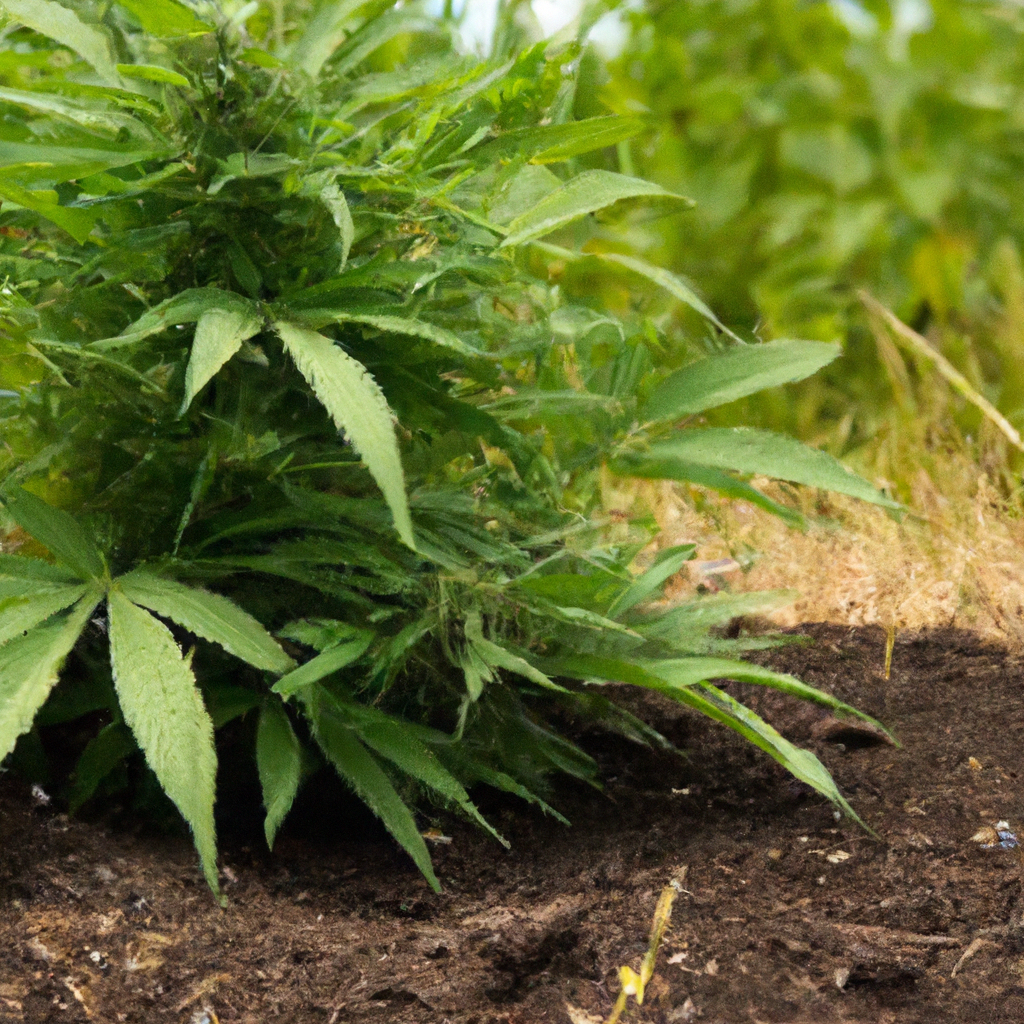
Explore the journey to sustainable cannabis cultivation by adopting organic practices focused on soil health, natural fertilizers, and eco-friendly pest control. Building a robust soil ecosystem involves composting, cover cropping, and aeration, while natural fertilizers like bone meal and seaweed extract nourish plants. Eco-friendly pest control strategies, including companion planting and neem oil, minimize harm…
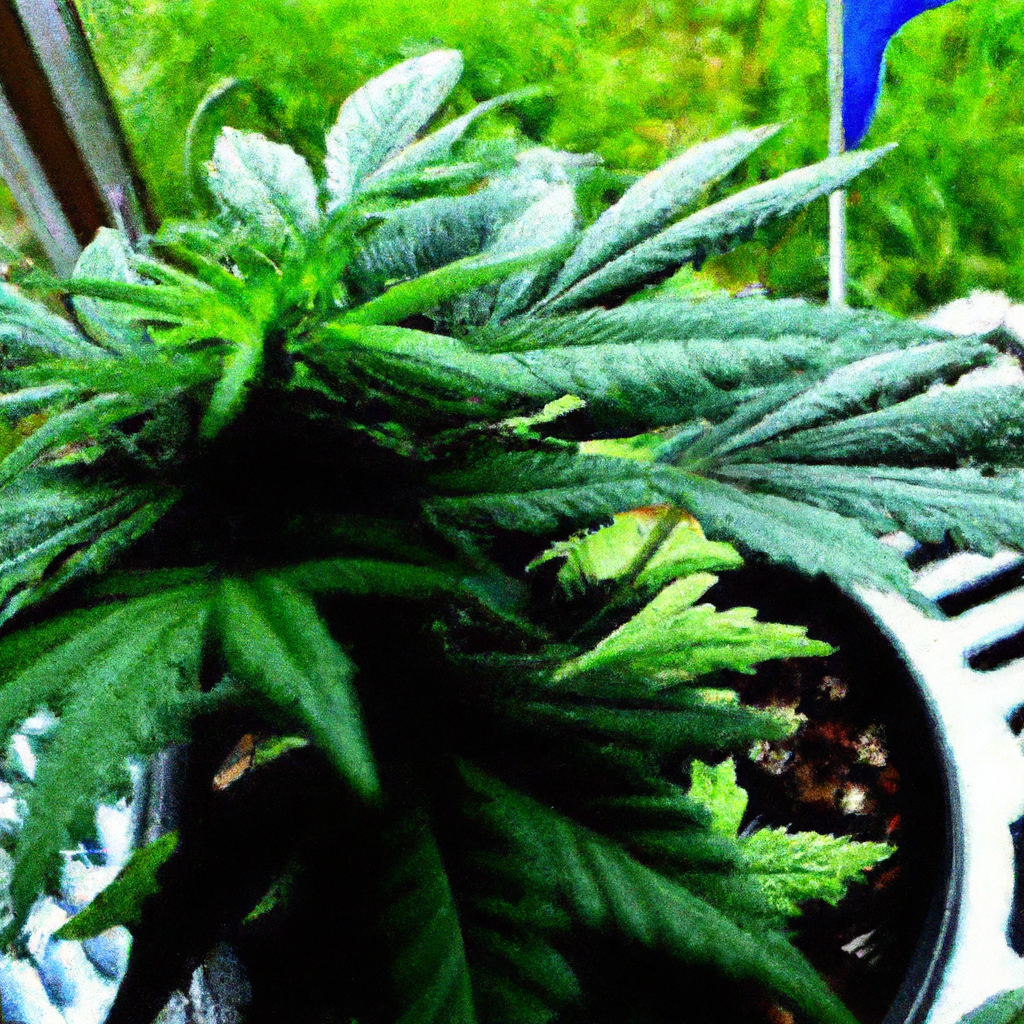
Air quality is essential for successful cannabis cultivation, affecting plant health and productivity. Both indoor and outdoor growers must consider factors such as carbon dioxide levels, pollution, and airflow. Indoor growers can manage these by using air filters, ventilation systems, and CO2 meters, while outdoor growers should select locations with lower pollution and use protective…
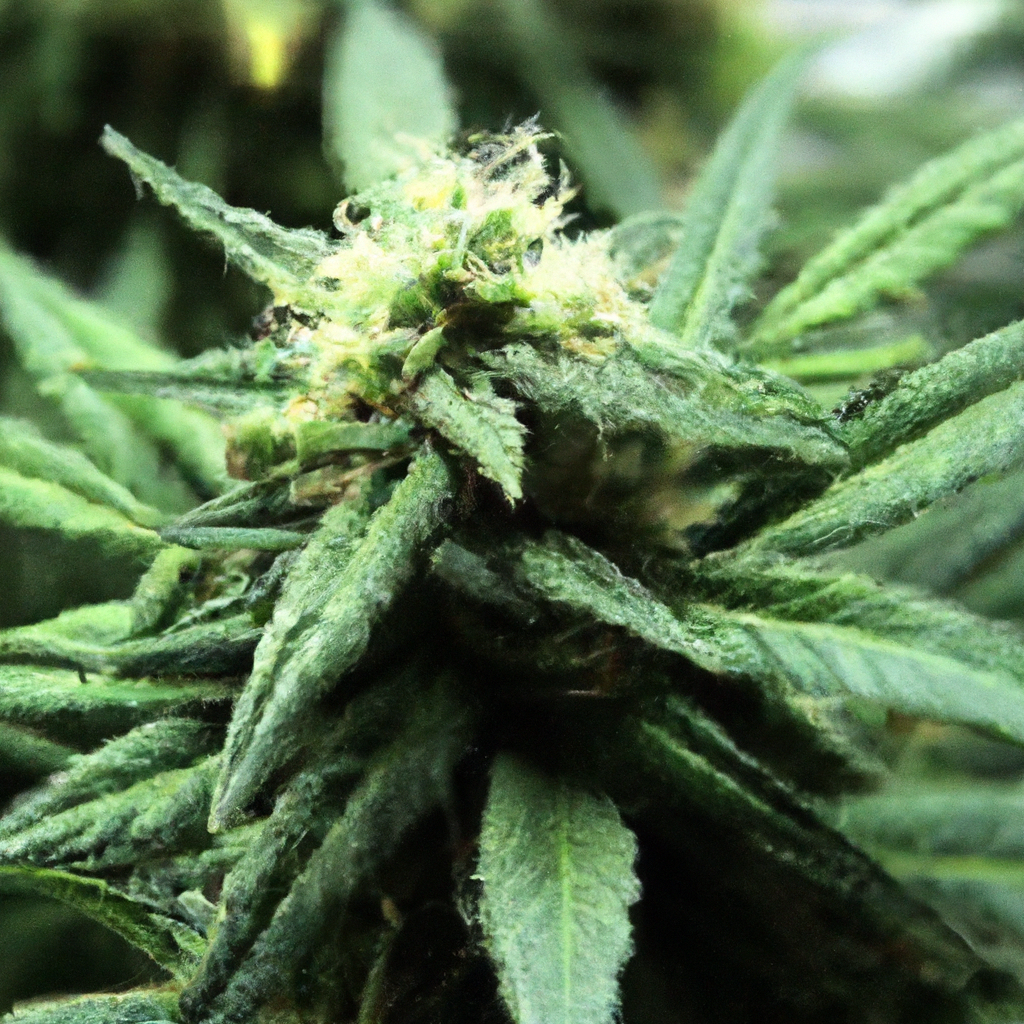
As cannabis cultivation advances, understanding the influence of environmental factors on growth and yield becomes essential. This article explores how manipulating growing conditions—such as temperature, humidity, CO2 levels, and ventilation—can optimize cannabis development. Key insights include maintaining ideal temperature ranges, adjusting humidity levels throughout growth stages to prevent mold, boosting CO2 for enhanced growth, and…
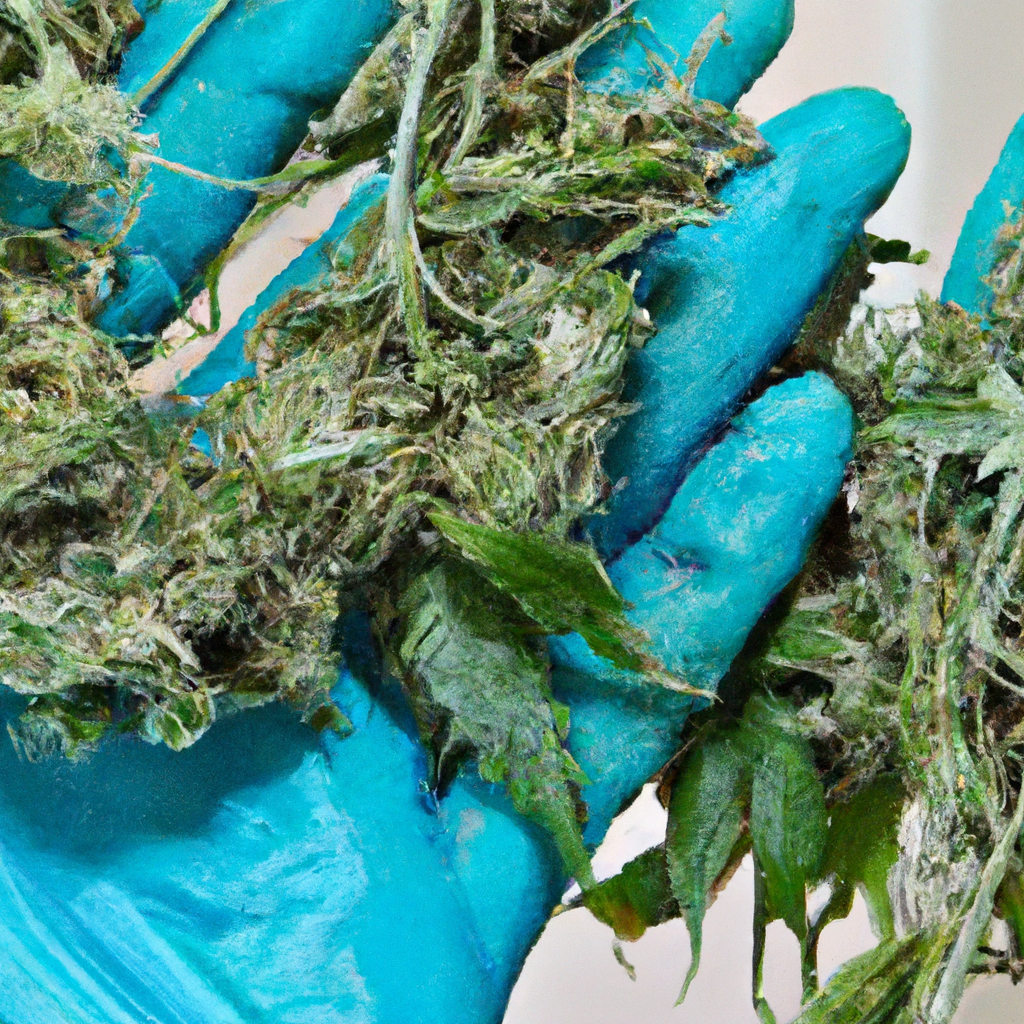
Mold is a significant threat to cannabis cultivation, capable of undermining crop quality and posing health risks. To prevent mold, growers must maintain optimal humidity levels between 40-50%, ensure adequate airflow through proper ventilation, and monitor temperatures within 70-77°F. Cleanliness is also crucial; regularly sanitize tools, remove plant debris, and keep the growing environment spotless…
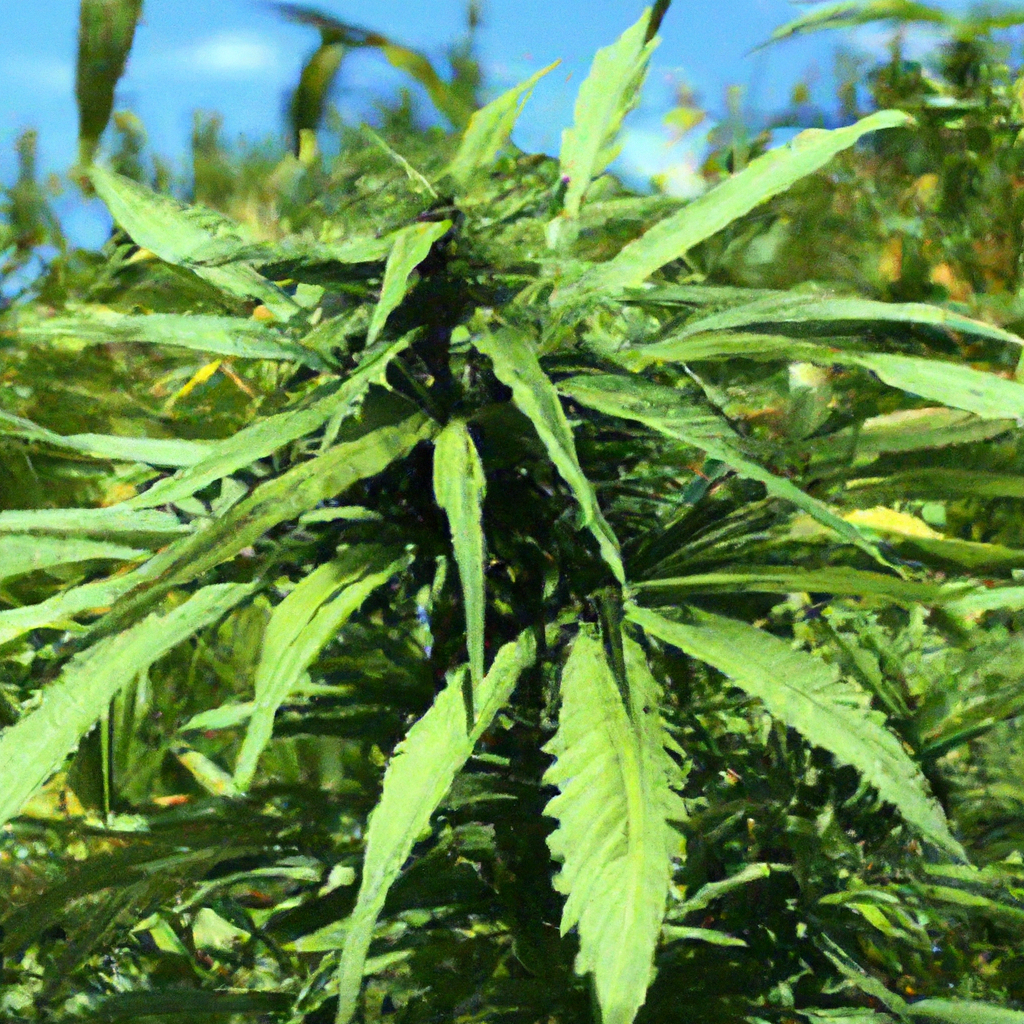
Cannabis is gaining recognition for its potential role in sustainable agriculture by offering diverse applications beyond recreational use. Its versatility as hemp allows for soil remediation, natural pest control, and biofuel production. Integrating cannabis into crop rotation can enhance soil fertility and break pest cycles, while certain strains improve water efficiency through drought resistance and…
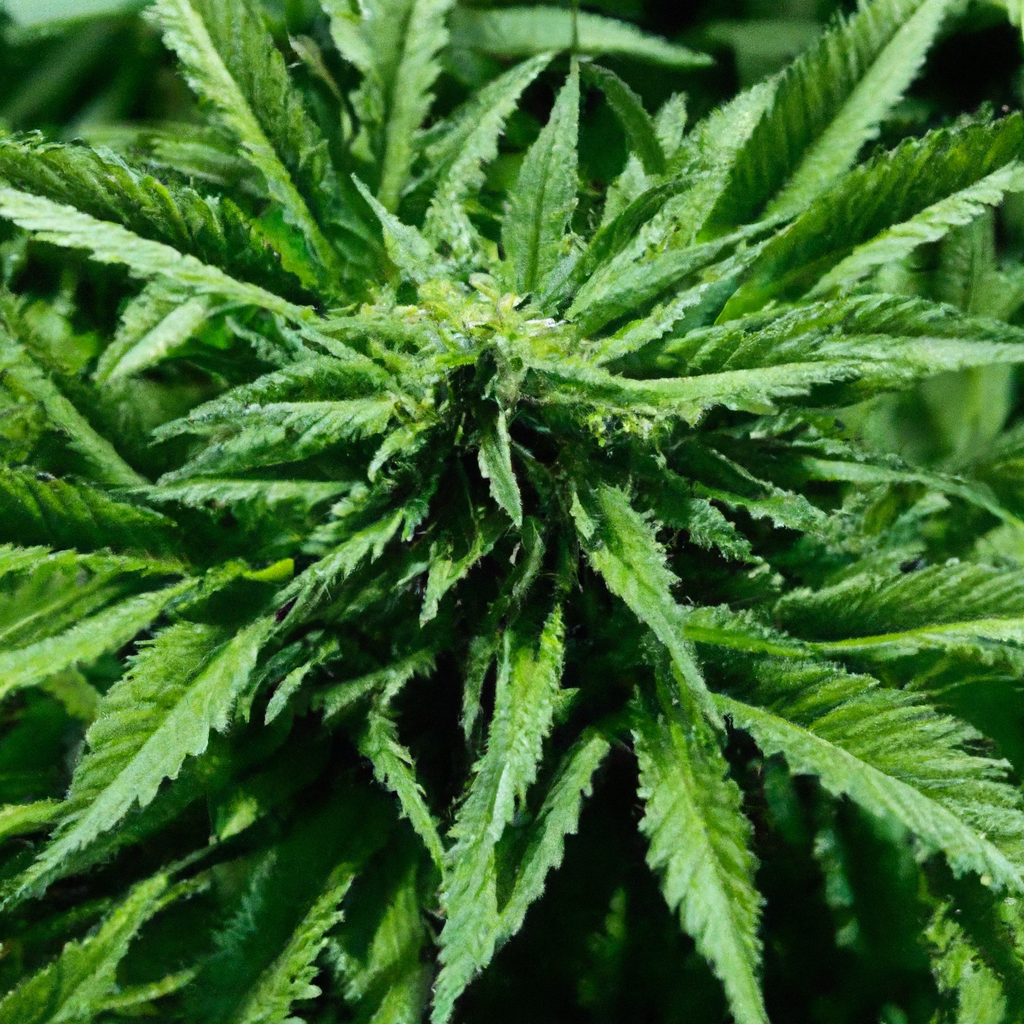
Organic cannabis cultivation allows growers to produce high-quality cannabis by connecting with nature and avoiding synthetic chemicals. Key practices include building healthy soil ecosystems using compost and cover crops, utilizing natural fertilizers like animal and plant-based options, and employing natural pest control through beneficial insects and organic sprays. Sustainability extends beyond cultivation with water conservation,…
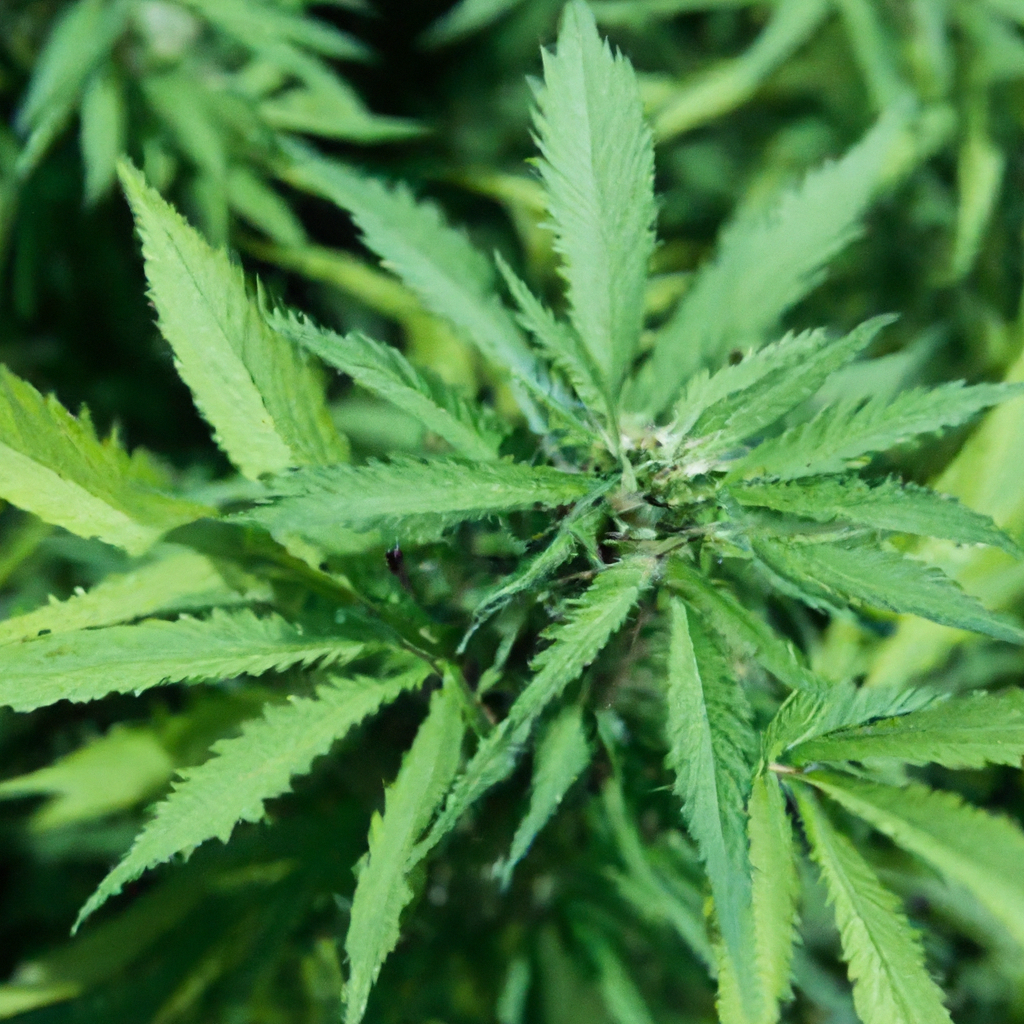
As the cannabis industry expands, sustainable practices become crucial for both environmental conservation and producing healthier plants with enhanced aromas and flavors. This guide highlights eco-friendly cultivation techniques such as using renewable resources, conserving water with efficient systems, and opting for organic nutrients. Growers can benefit from better plant health, improved terpene profiles, and long-term…
